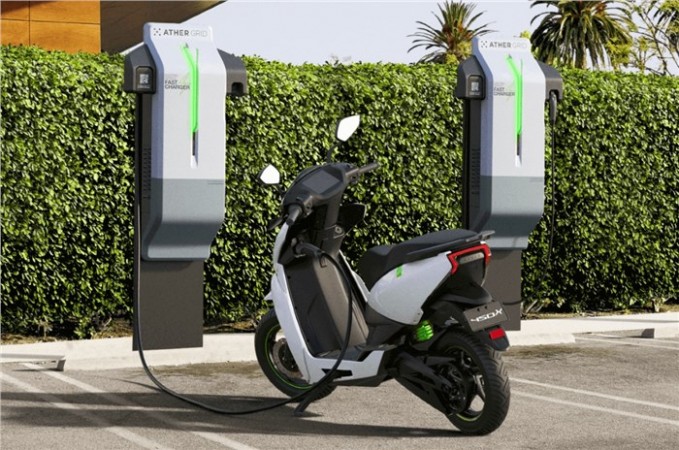
The electric vehicle (EV) landscape in India is rapidly evolving, with a growing emphasis on eco-friendly alternatives such as electric scooters. As the nation transitions towards sustainable transportation, the need for a robust charging infrastructure is becoming increasingly apparent. In a recent announcement, the government clarified the current state of electric two-wheeler (E2W) charging facilities, highlighting the absence of a universal charging network.
The lack of a standardized charging infrastructure poses a significant challenge for electric scooter users. Currently, charging stations are not as widespread as needed, making it inconvenient for individuals to find a charging point when required.
One of the major hurdles is the absence of a standardized charging connector for electric scooters. Different manufacturers use varying connectors, complicating the establishment of a universal charging network that caters to all E2W models.
While urban areas may witness a gradual increase in charging stations, rural regions face a considerable lag in this development. This urban-rural disparity further accentuates the challenges in establishing an inclusive and accessible charging network.
Acknowledging the existing gaps in the charging infrastructure, the government has provided a clear statement on the current limitations. This transparency is essential for managing user expectations and fostering an understanding of the ongoing efforts to address these issues.
Despite the current challenges, the government has expressed its commitment to advancing the E2W charging infrastructure. Plans for collaboration with private entities and incentivizing the establishment of charging stations are underway to facilitate a more extensive and efficient network.
Leading electric scooter manufacturers are actively contributing to the development of charging infrastructure. Some are investing in creating their charging networks, while others are advocating for standardized connectors to streamline the charging process.
Industry stakeholders are increasingly recognizing the need for collaborative efforts to address the charging infrastructure gaps. Collaborations between manufacturers, government bodies, and private entities are crucial for a cohesive and comprehensive approach.
The absence of a universal charging network often results in inconvenience for electric scooter users. Long waiting times at charging stations and the uncertainty of finding a compatible charging point contribute to user dissatisfaction.
As the EV market expands, users expect a seamless charging experience comparable to conventional refueling for internal combustion engine vehicles. The establishment of a universal and easily accessible charging infrastructure is pivotal in meeting these expectations.
As the EV sector continues to evolve, regulatory frameworks are expected to adapt to the changing landscape. Clear guidelines and regulations pertaining to charging infrastructure are anticipated to emerge, providing a structured framework for future development.
Innovations in charging technology, such as fast-charging solutions and smart grid integration, are likely to play a crucial role in enhancing the efficiency of E2W charging. Continuous technological advancements will contribute to a more seamless and user-friendly charging experience.
Community engagement and awareness programs are essential in promoting the adoption of electric scooters and encouraging the establishment of charging stations. Informed communities can actively participate in advocating for and supporting the development of a comprehensive charging network.
In conclusion, while the current state of E2W charging infrastructure in India faces challenges, there is a collective effort from the government, industry players, and the community to address these gaps. The commitment to creating a sustainable and efficient charging network is a positive sign for the future of electric scooters in the country.
Govt Shuts Down Over 100 Websites Involved in Illegal Investments and Job Scams
Lalduhoma Set to Take Oath as Mizoram CM on Dec 8
President Murmu, PM Modi honor BR Ambedkar on his death anniversary